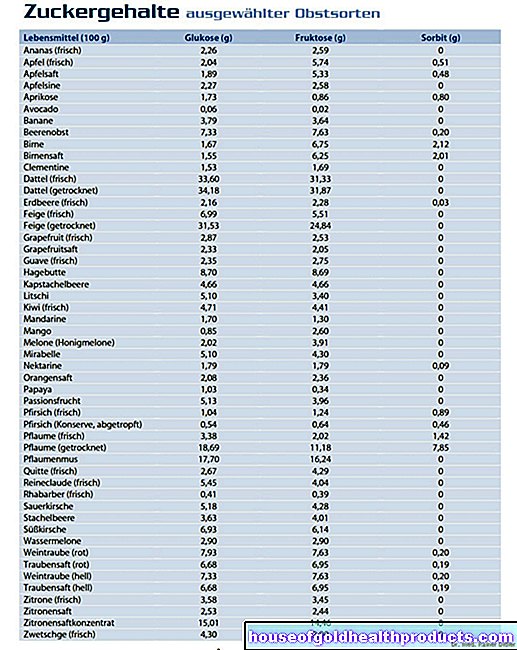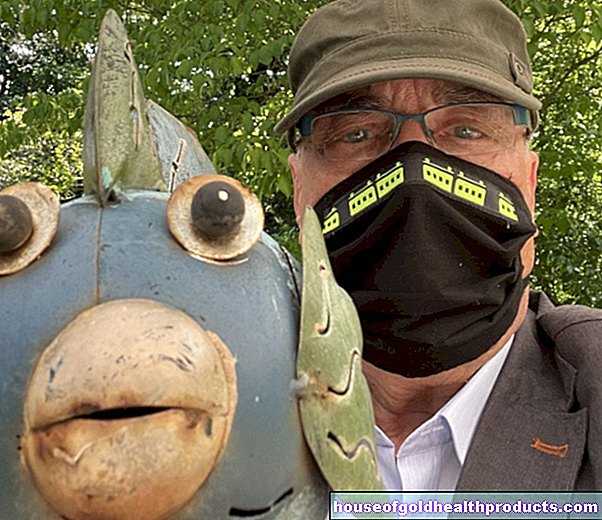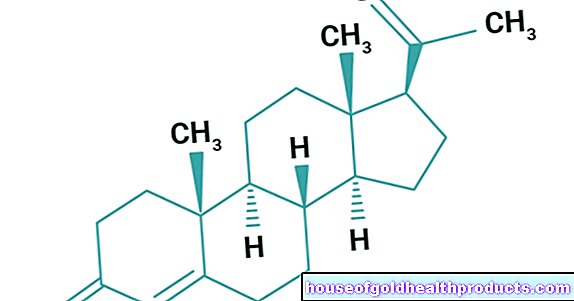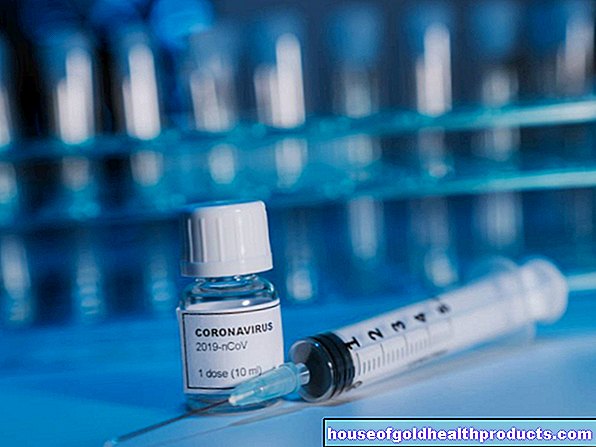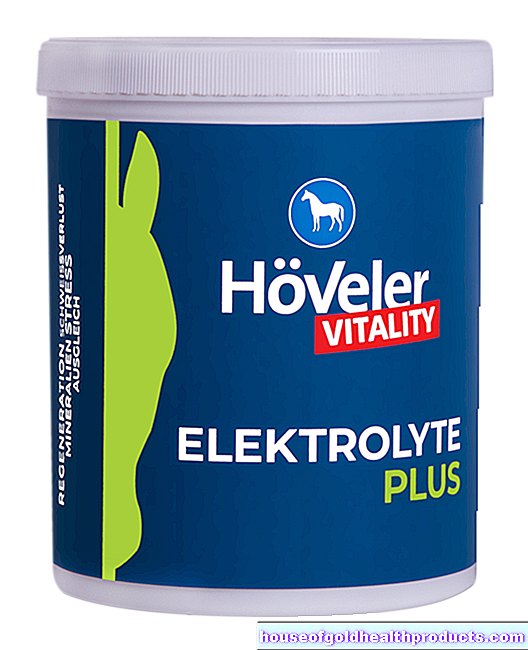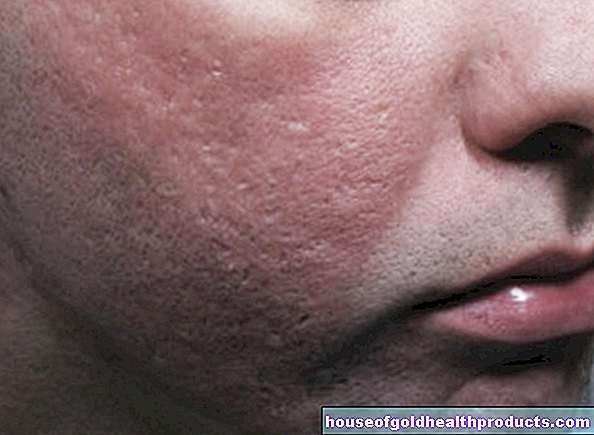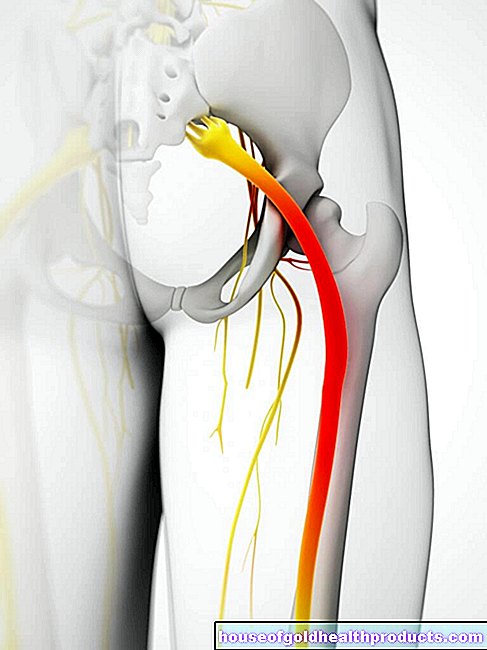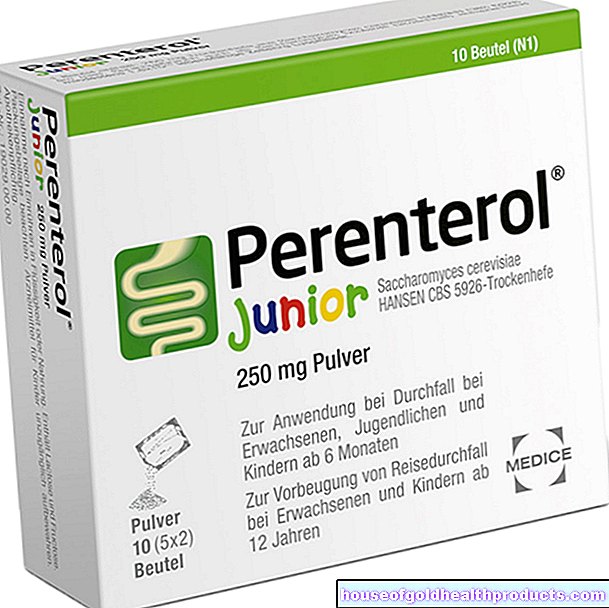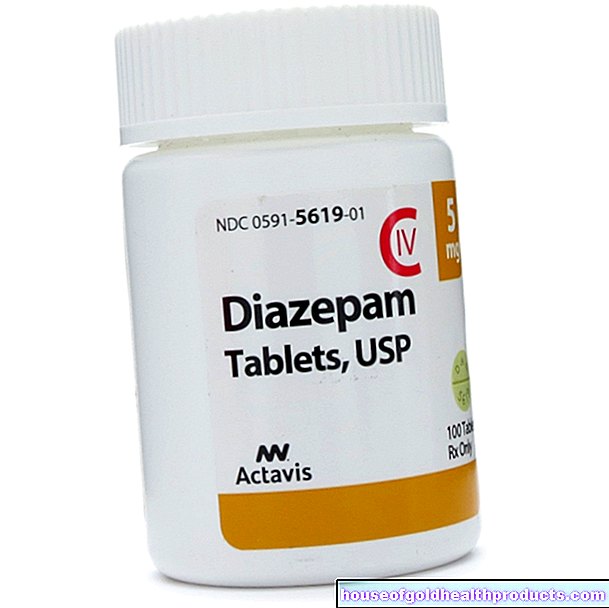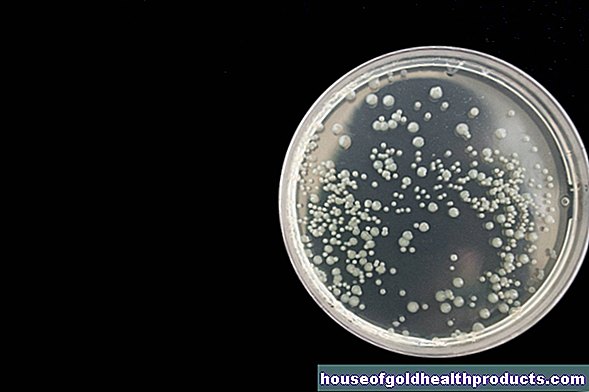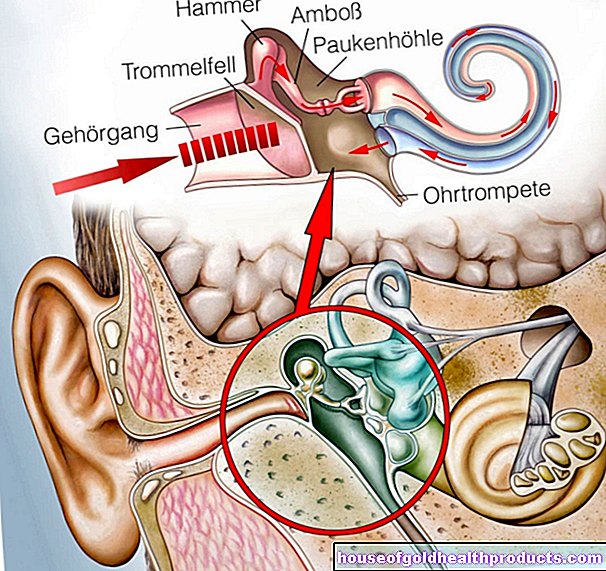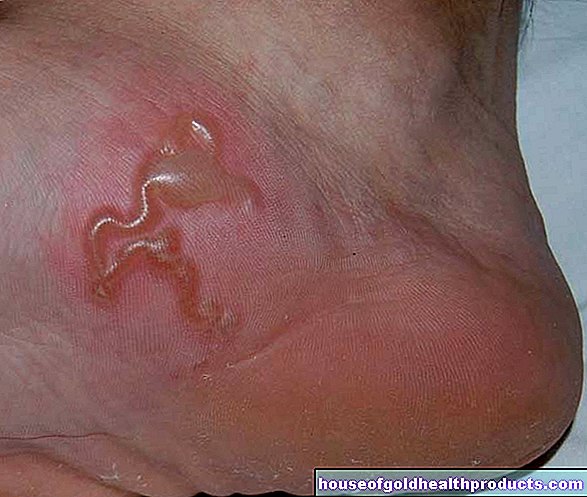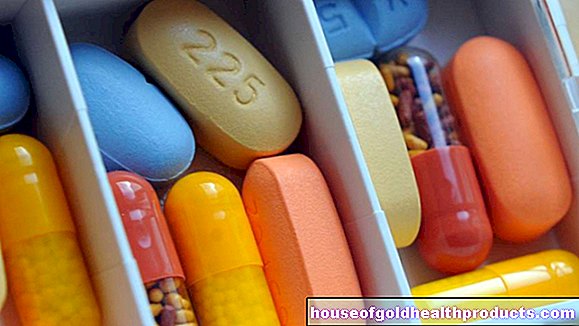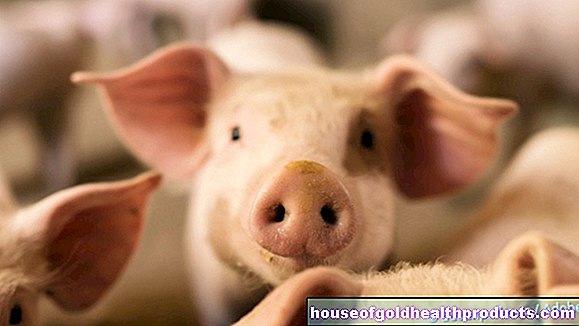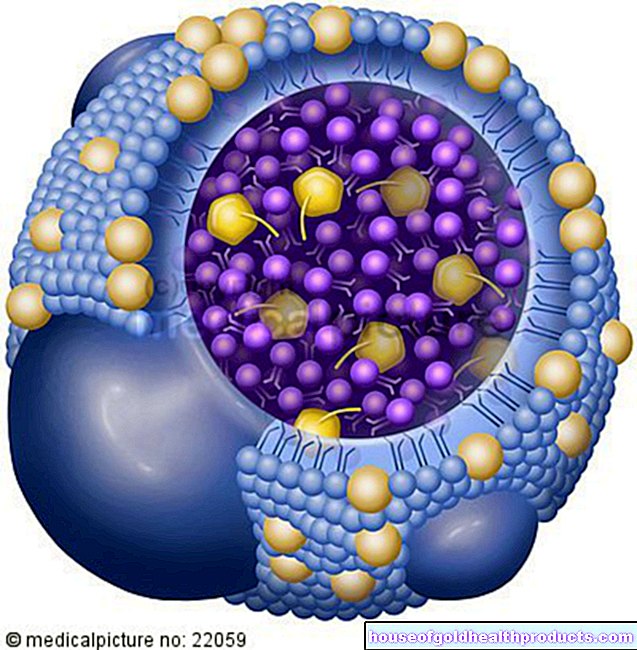Plastic robs semen of its strength
All content is checked by medical journalists.MunichThe sperm quality in German men has been going downhill for years. Various chemicals, to which men are often exposed, came under suspicion early on. The substances could interfere with the production of sperm in the testicles.
Declining fertility is a headache not only for many men but also for research. Pat Hunt and her team at Washington State University have long had their sights on bisphenol A (BPA), a plasticizer in plastic. BPA is known for its estrogen-like effects on the body. In the opinion of the scientists, the substances interrupt sperm production, which is susceptible to interference. This is exactly what they could now show in the mouse model.
The researchers studied three groups of male mice. One was fed artificial estrogens and the other bisphenol A shortly after birth. The amounts corresponded to the concentrations that were also detected in the human organism. The third group of mice received a placebo.
Early death of the sperm cells
When the animals were sexually mature, the scientists examined their testicles. It turned out that the cell division of the sperm there was sensitively disturbed - and in the same way in the animals fed with estrogen and BPA: the DNA was no longer correctly distributed to the sperm that formed during cell division. As a result, many of them died before they reached maturity. The affected male mice were severely impaired in their fertility.
“In a time window of a few days, it can be decided whether the sperm production will be changed in the long term,” Hunt told . The scientists' concern: With each subsequent generation exposed to too much estrogen or bisphenol A, the sperm count could continue to decline. A French study from 2013 also seems to point in this direction. Accordingly, over a period of 17 years, the sperm count in the examined men decreased by two percent per year.
"Low acute toxicity"
The Federal Office for Risk Assessment evaluates BPA as a substance with "low acute toxicity". So far, no harmful effects on human health have been proven. This is due in particular to the fact that the human body breaks down and excretes BPA very quickly, so that it cannot develop its hormone-like effects. However, Hunt stated: "Even mice metabolize BPA rapidly, but the long-term effects are still visible."
The researcher therefore calls for the use of BPA to be rethought urgently. “We need to reduce the likelihood that hormone-like substances will end up in our food or come into contact with them on a daily basis,” says Hunt. This also includes developing better guidelines for testing chemicals before use. "When it comes to hormone-like substances, even the smallest amount can have an eerie effect."
Plastic bottles and receipts
Bisphenol A is used as a plasticizer in plastic products - especially in containers for food and beverages. Among other things, it is also used to coat food cans. BPA is also found in thermal paper, which is used, for example, for receipts, fax paper or for tickets. (lh)
Source: Lisa A. Vrooman, et al. Estrogenic Exposure Alters the Spermatogonial Stem Cells in the Developing Testis, Permanently Reducing Crossover Levels in the Adult. PLOS Genetics, 2015; 11: e1004949 DOI: 10.1371 / journal.pgen.1004949
